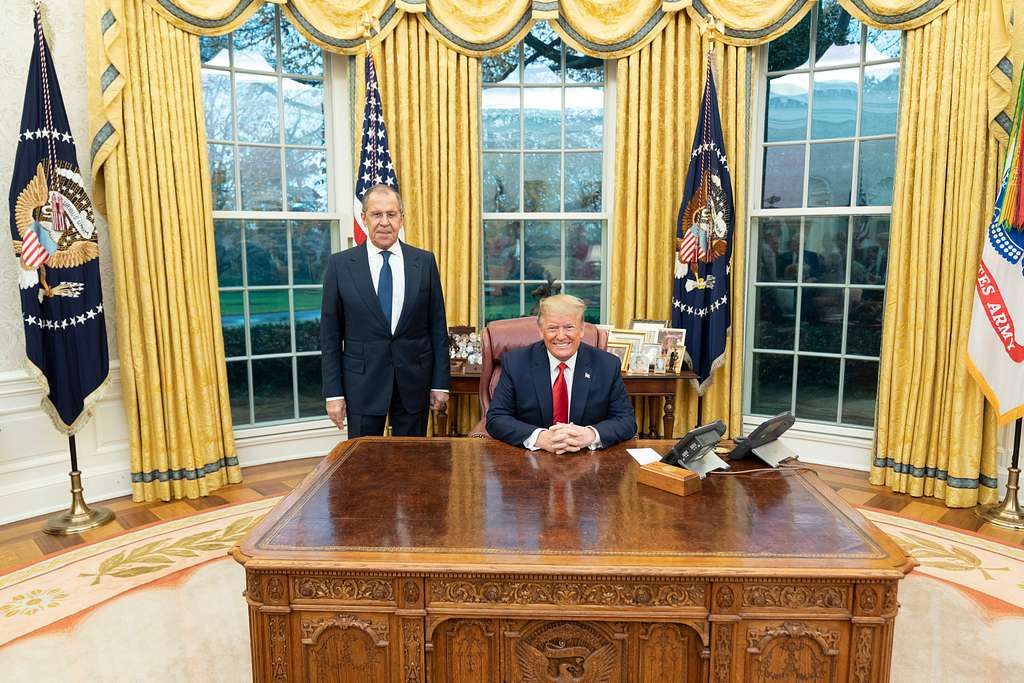Biden’s Upcoming Visit to Germany: A Focus on Global Security Challenges

U.S. President Joe Biden is scheduled to visit Germany on October 18, as confirmed by government sources and reported by German media. This visit comes at a critical time, with key discussions expected to revolve around pressing global issues, particularly the ongoing conflicts in Ukraine and the Middle East.
During his visit, Biden is set to meet with German Chancellor Olaf Scholz and President Frank-Walter Steinmeier. This high-level engagement underscores the strategic partnership between the United States and Germany, two nations that play pivotal roles in international diplomacy and security.
Addressing Ukraine Conflict
The war in Ukraine remains a significant concern for both nations and the broader international community. Biden’s discussions with German leaders will likely focus on the United States’ continued support for Ukraine against Russian aggression. This includes military aid, economic assistance, and coordinated efforts to strengthen NATO’s eastern flank. The situation in Ukraine has not only humanitarian implications but also geopolitical ramifications that affect global stability and security.
Middle East Tensions
In addition to the situation in Ukraine, the conflicts in the Middle East are expected to be a focal point of Biden’s discussions. The recent escalation of tensions in the region, particularly involving Israel and Palestine, has drawn widespread international concern. Biden’s administration has emphasized the need for diplomatic efforts to promote peace and stability, and discussions with Scholz and Steinmeier could lead to a coordinated approach towards addressing these challenges.
Global Implications
The outcomes of Biden’s meetings in Germany could have far-reaching implications for global security. With both the Ukrainian conflict and Middle East tensions impacting global markets, energy supplies, and international relations, a unified stance from the U.S. and Germany could signal to allies and adversaries alike the commitment of Western powers to address these crises.
Moreover, this visit may reinforce the transatlantic alliance, highlighting the importance of collaboration between the U.S. and European nations in tackling shared security threats. In a world increasingly challenged by authoritarianism and regional conflicts, strong partnerships are essential for maintaining peace and promoting democratic values.
Conclusion
President Biden’s forthcoming visit to Germany is not merely a diplomatic formality; it represents a critical opportunity to address significant global security issues. By engaging directly with German leadership, Biden aims to solidify alliances and foster collaborative responses to the challenges posed by conflicts in Ukraine and the Middle East. As the world watches closely, the outcomes of these discussions will undoubtedly shape the future of international relations and security dynamics.





